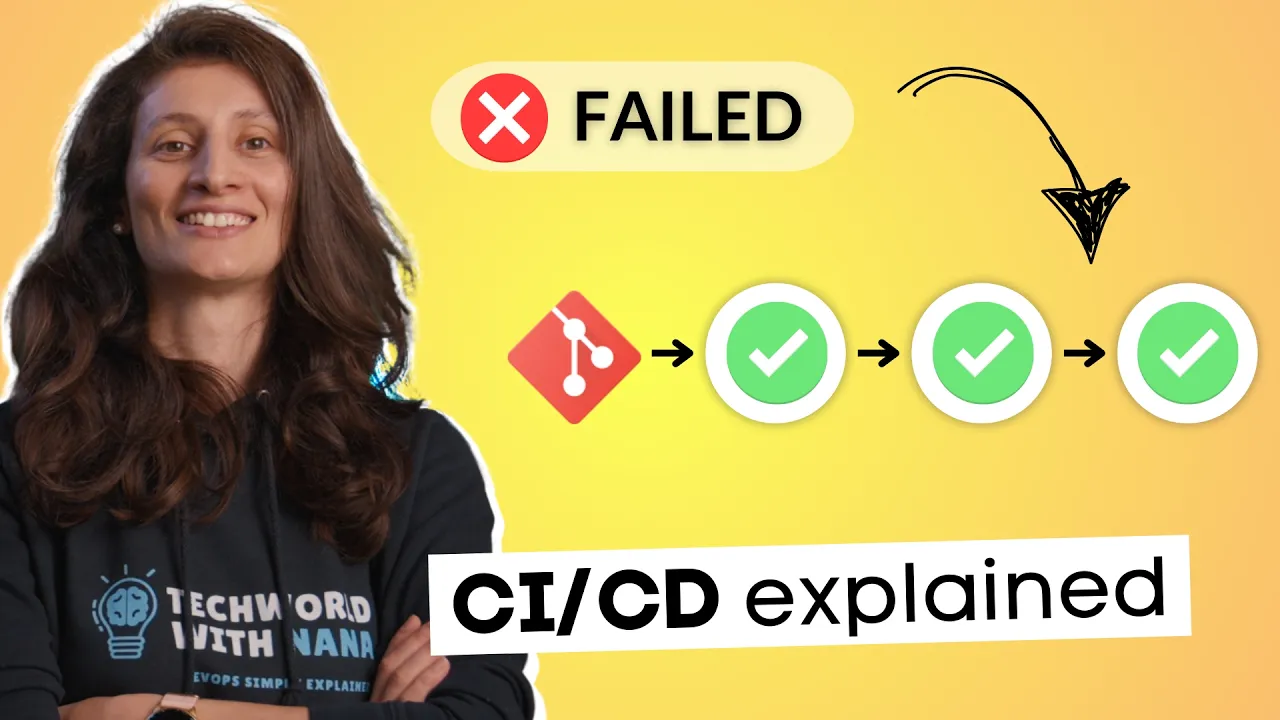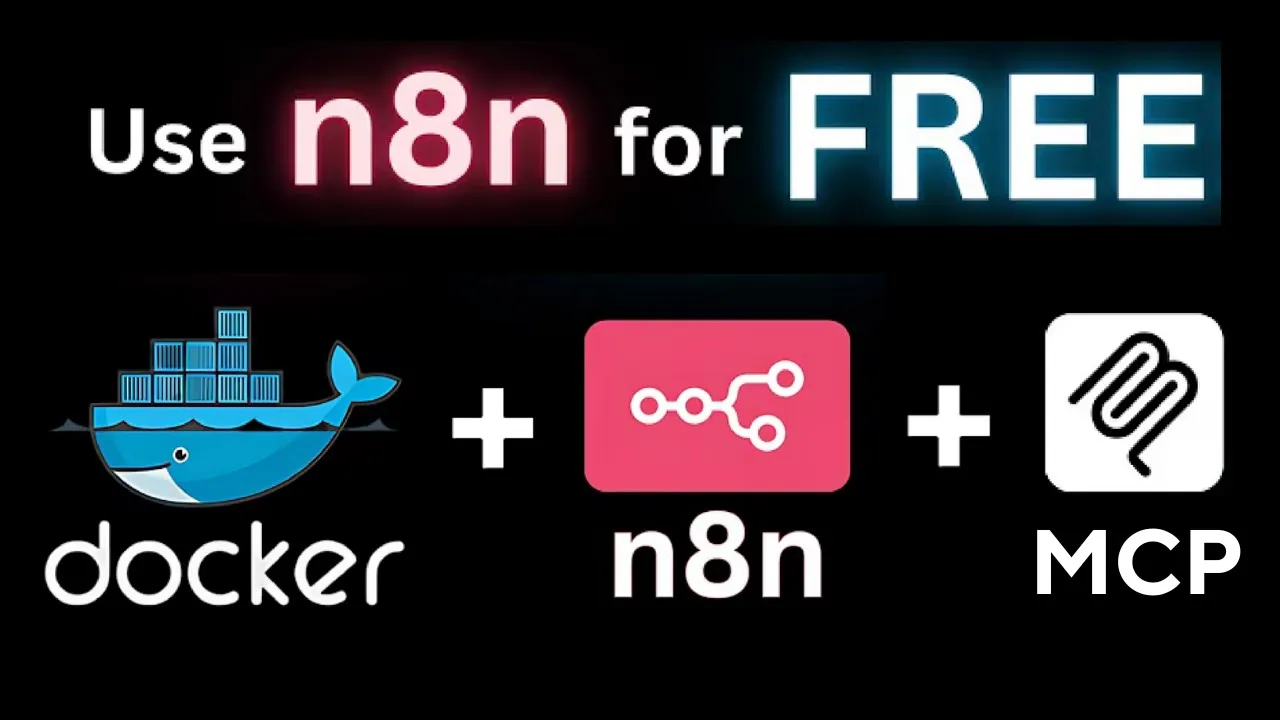DevOps Practices
Techniques, tools, and methodologies for implementing DevOps culture and practices in software development teams encompass a comprehensive approach to breaking down silos between development and operations departments. This integration focuses on automation, continuous integration/continuous deployment (CI/CD), infrastructure as code, and monitoring solutions that enable faster, more reliable software delivery. Effective DevOps implementation requires not just technical expertise but cultural transformation, with teams embracing shared responsibility, transparency, and collaborative problem-solving. Successful organizations typically start with small, measurable improvements before expanding DevOps practices across the enterprise, using tools like Docker, Kubernetes, Jenkins, and Terraform to automate deployment pipelines while implementing observability platforms to maintain system health. The journey toward DevOps maturity involves ongoing learning and adaptation, with retrospectives and feedback loops ensuring that processes evolve to meet changing business needs and technological landscapes. Beyond tools, DevOps excellence demands leadership commitment, cross-functional training programs, and metrics that measure both technical performance and business outcomes, allowing organizations to quantify improvements in deployment frequency, lead time, change failure rate, and mean time to recovery as key indicators of DevOps success.









